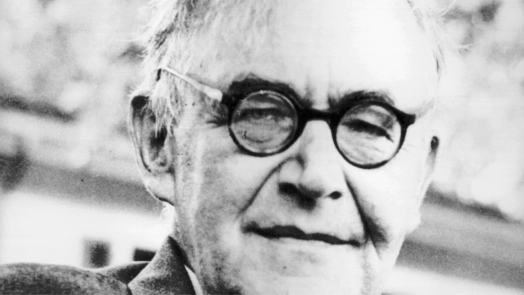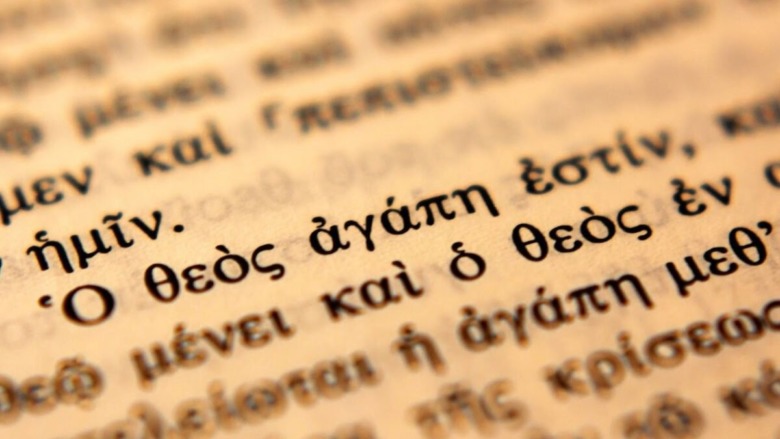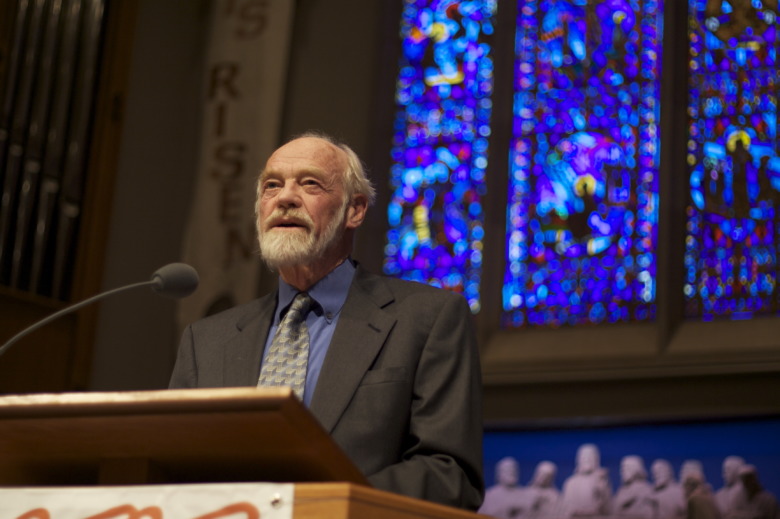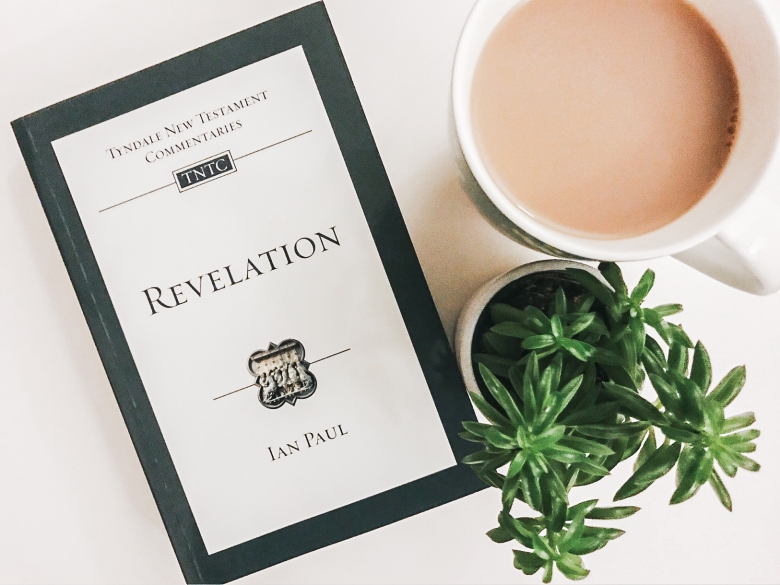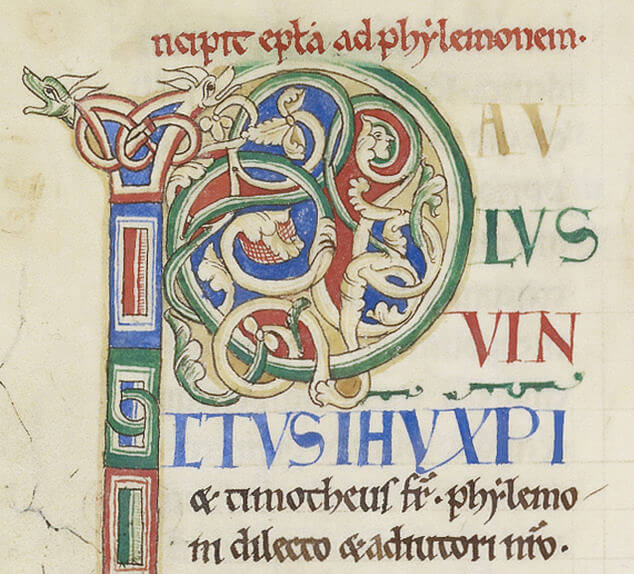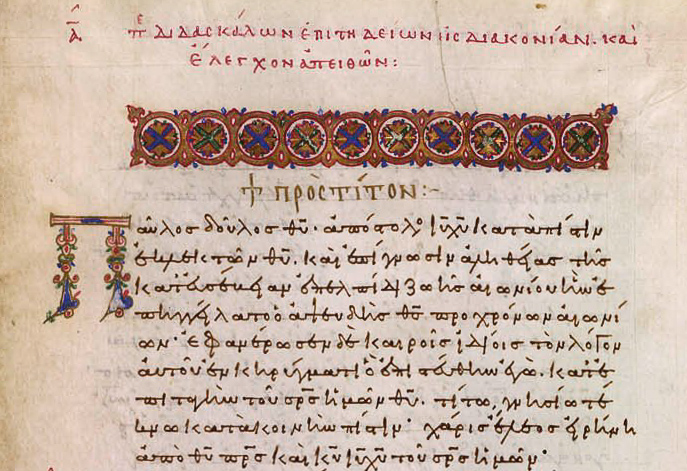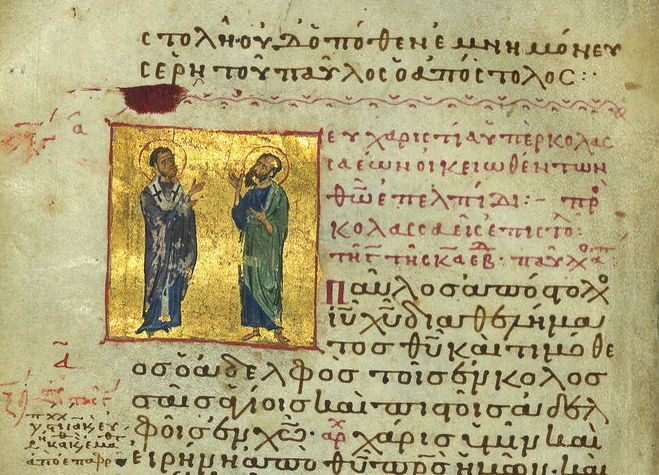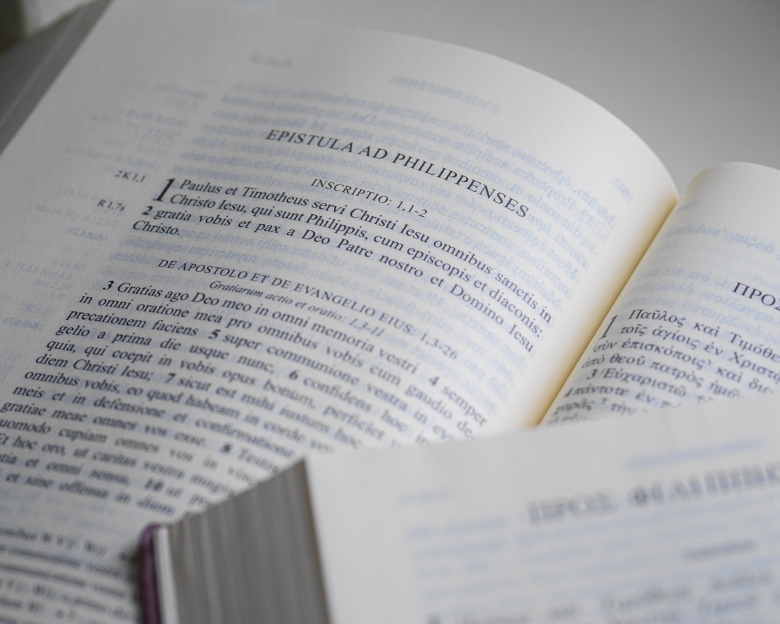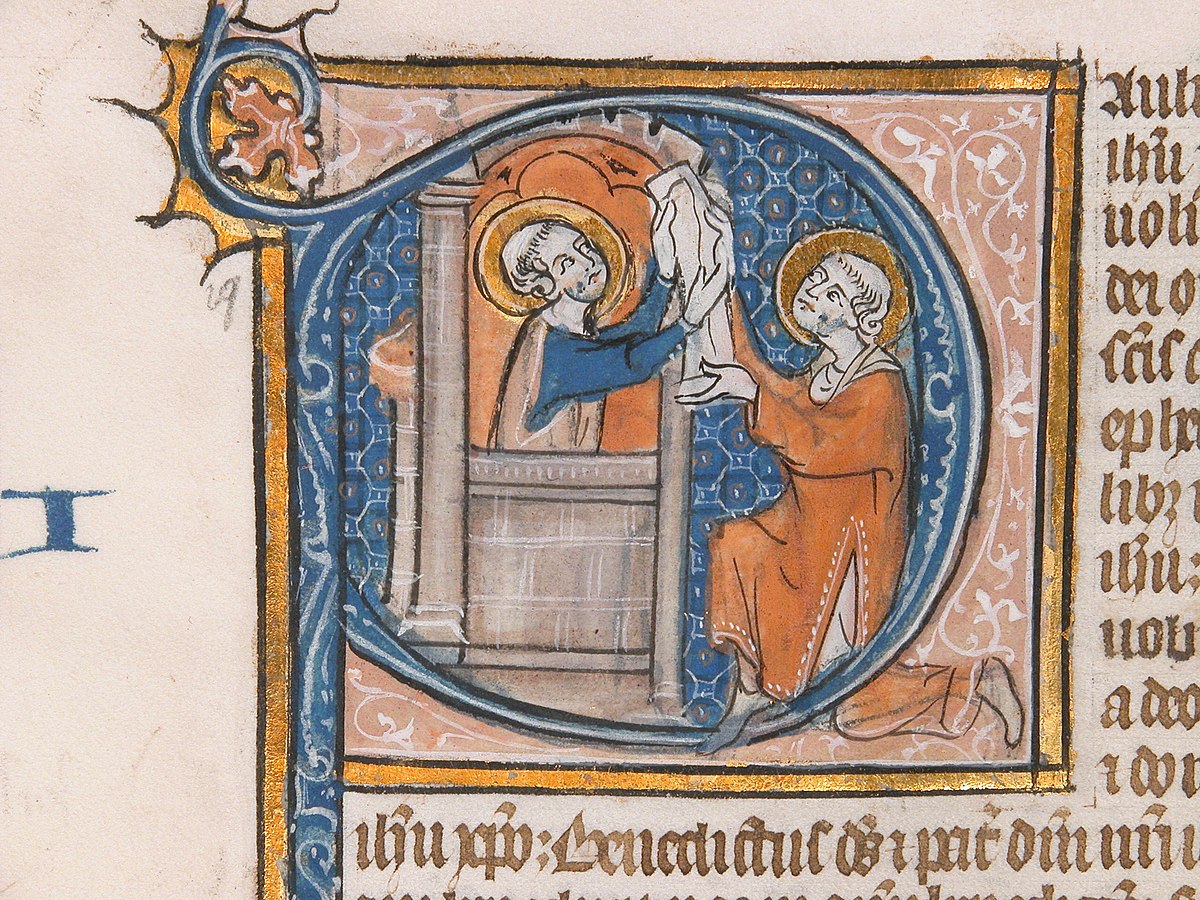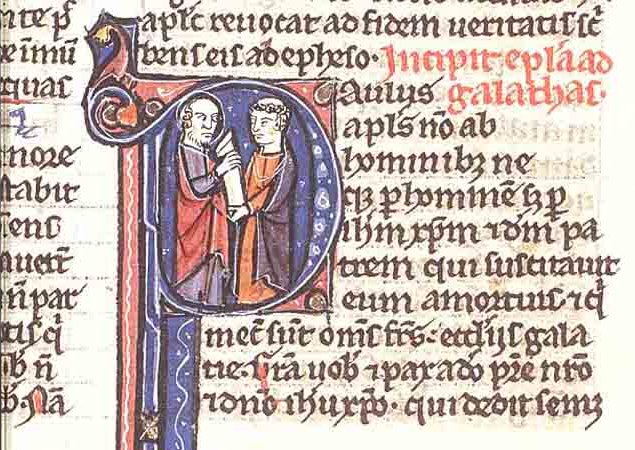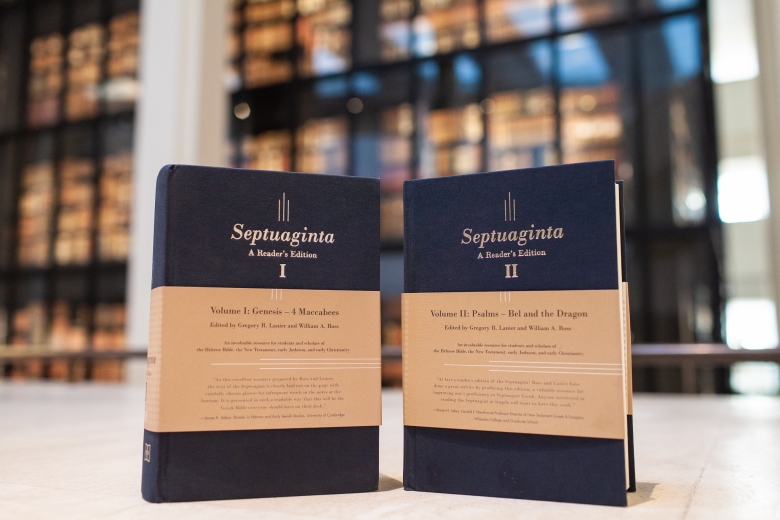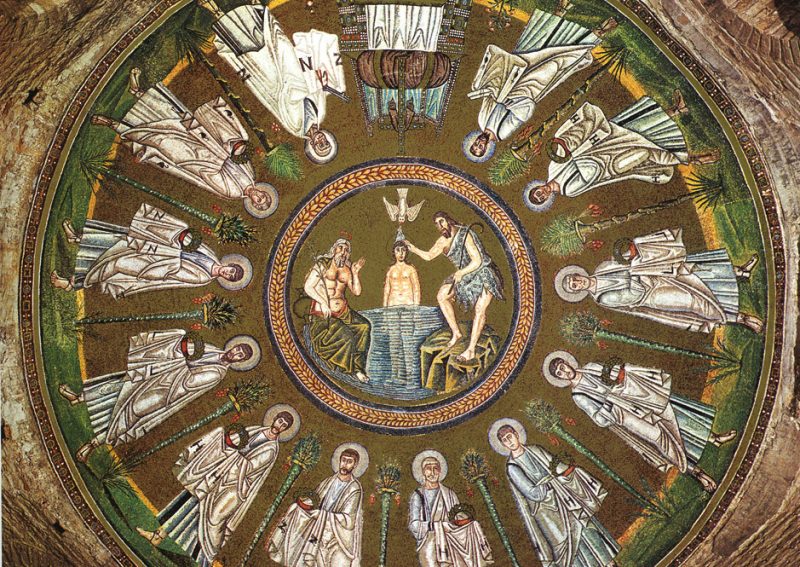Karl Barth, who lived from 1886–1968, was perhaps the most influential theologian of the twentieth century. Church Dogmatics (CD), Barth’s monumental life’s work that consists of more than 6 million words, was written over the span of 35 years. In...
by Mark Ward | Editor-in-Chief, Bible Study Magazine Plenty of Bible interpreters treat New Testament Greek the way my three-year-old girl treats my one-year-old boy: with well-meaning, blundering over-attention that ends up making him cry...
One of the most important decisions you can make as a scholar of the Bible after your formal studies are completed is how and where you will continue to write and research. You’ve spent years gaining specialist skills in the original...
"Every theology is contextual." - Federico Villanueva
"TBAC has three main distinctives. First, as already mentioned, it is substantially longer and more in-depth. Second, it is explicitly Christocentric in its entire structure and orientation. And third, it follows a different sequence that is...
"To spend such an extended time immersed so deeply in a text of Scripture was a wonderful experience, and a number of my writing weeks offered me a profound sense of being in the presence of God."
Rochester Bible, Walters W18. Source: Wikipedia
Nijay Gupta shares his final post in this helpful series on best commentaries by listing two essential works on Philemon.
"The Pastoral Epistles have long been regarded wise instruction for the benefit of the church. But in the last two centuries these texts have often been sidelined in the academy..."
Several excellent commentaries on the Thessalonian letters have been produced over the years, but the last decade has seen a notable surge of strong scholarship on these texts.
Colossians is an underappreciated jewel in the Pauline corpus, often sidelined from academic conversations because of its debated authorship. It is a beautifully-crafted meditation on the cosmic-and-crucified Christ.
Master Journal Bundle 3.1 gives you affordable, digital access to current conversation in theological scholarship.
This short Pauline epistle has long fascinated scholars, especially the so-called “Christ Hymn” (2:6-11), offering the possibility that Paul embedded here a piece of liturgy or tradition from earliest Christianity (or Paul proves himself here a poet...
Manuscript leaf with the opening of the epistle of Saint Paul to the Ephesians. Image source: Wikipedia commons. Ephesians is widely considered one of the most beautifully composed texts of the New Testament. And yet, because some scholars argue...
Image source: Wikipedia commons Like Romans, Galatians has been at the center of theological debate concerning Paul’s theology. At the heart of the issue is Paul’s view of the Law. Thankfully, several excellent commentaries are available, a few...
One scholar has referred to 2 Corinthians as the “sleeping giant” of Paul’s letters—often under-appreciated but packing explosive theological power.
Image source: Proclaim Software Scholars have long been fascinated by the window that 1 Corinthians provides into life of the early Christians. In this letter we also have creedal information, gender relationship teachings, and—what’s up with...
Image source: Faithlife Proclaim Nijay K. Gupta, associate professor of New Testament at Portland Seminary (PhD, University of Durham) is beginning a blog series at theLAB on biblical commentaries on the Pauline epistles. Dr. Gupta has written three...
You’re an academic. You spend the best hours of your day immersed in ancient texts, modern (and classic) commentaries, and prolific note-taking. And you need help.
The 2019 Christianity Today Book Awards were announced recently, and Logos is happy to announce that a number of these books are available for your Logos library and on Faithlife Ebooks.
We are immensely privileged to feature perhaps the most exciting new book project to come to light this year, Septuaginta: A Reader’s Edition. This immense 2-volume work, edited by Gregory R. Lanier and William A. Ross, is jointly published by...
Photography by Tavis Bohlinger* Welcome to the first in a new series on the Logos Academic Blog (theLAB), in which we discuss everything but the actual content of a book. Design Showcase is a series of interviews with both publishers and designers...
by Ryan Lytton Get wisdom, get understanding; do not forget my words or turn away from them. Proverbs 4:5. Wisdom and understanding are everywhere available but are nevertheless ostensibly rarely found. A student of the Word must be diligent in...
The following is the official statement of Logos Bible Software concerning the very unfortunate news that BibleWorks is closing shop.
by Mark Seifrid
I just received the Logos 7 (Deutsch) package. It turns out to be a quite impressive collection, with some nice surprises.
Why the Apostles Rarely Mention the Kingdom You may have noticed that “kingdom” language is frequent in the Gospels and in Jesus’ teaching particularly, but that it almost disappears in the rest of the NT. After examining every instance of βασιλεία...
The following post is by Dr. Dale Brueggemann, Contributing Editor at Faithlife Corporation. Christ in the OT Do we know for certain that Jesus can be found in the OT? In our efforts to “read backwards,” are we finding Christ where perhaps he...
The doctrine of the Trinity came under intense scrutiny last summer (2016), but it wasn’t from unbelieving philosophers or Jehovah’s Witnesses. A debate raged for the better part of three months amongst evangelical theologians, concentrating within...
I remember the first time I got a Hebrew lexicon. I was so eager to find the “real meaning” of important theological words. I quickly turned to ברך (barak) and קדשׁ (qadosh) only to find one-word glosses (“bless” and “holy,” respectively) that I had...
I have a friend who began college as a religion major because he didn’t know what else to do, but who is now pursuing a PhD in English. He wasn’t much of a reader in high school, kind of a slacker, really—until one day in a freshman Old Testament...
